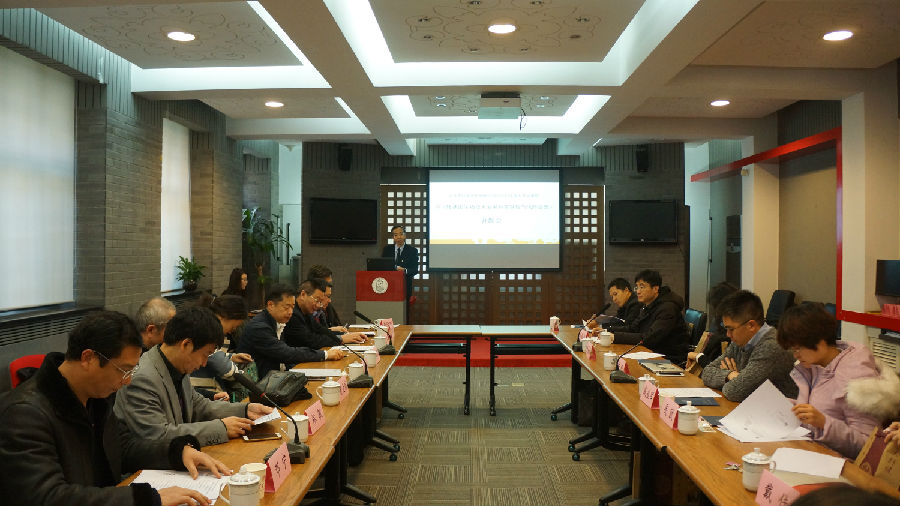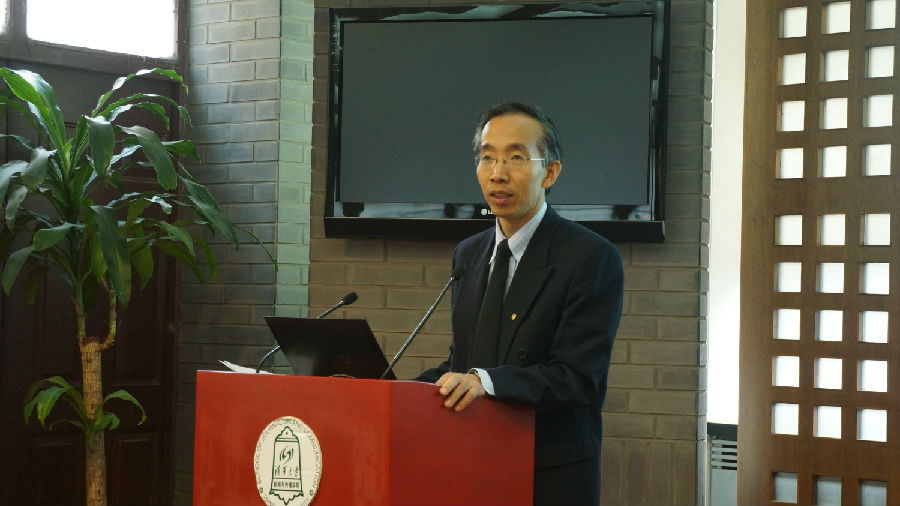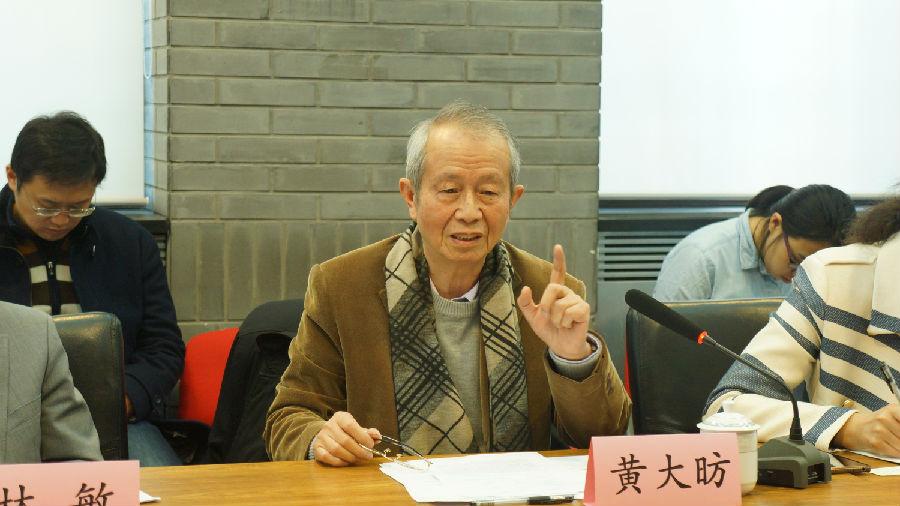The launch meeting of the “Science Popularization and Risk Communication of Genetically Modified Organisms (GMO) Technologies Development” project took place on Dec. 24 at Tsinghua University (THU).
The project, as part of the Genetically Modified Organisms Breeding Technologies Major Project (The Major Project), was led by the Ministry of Agriculture of the People’s Republic of China (MOA). THU initiated the project and cooperated with the five other institutions, including the University of Science and Technology of China, Fudan University, Zhejiang University, Guokr.com and China Association for Science and Technology, to conduct the research.

Professor Jin Jianbin at THU, the principal investigator (PI) of the project, introduced the overall research ideas and design to the officials and experts from the MOA, Ministry of Science and Technology and Chinese Academy of Agricultural Sciences. Representatives from the other five institutions joined the discussion on the project.
“It is imperative to popularize the knowledge about GMO technologies,” said Wang Xuejun, deputy director-general of Department of Science Education at MOA. “Rumors and fake news that goes viral on the internet misleads the general public.”

As Prof. Jin introduced, the five-year project starting from 2016 contains three main parts. The project will first conduct a survey on the general public’s knowledge and attitudes of GMO technologies, and then build up the GMO scientific communication system, especially on the new media platforms. During the process, animated films and visualizations will be made to promote science education on GMO. The project positions itself on identifying the key problems and obstacles that impede the proper perception of the public about those strategically important but potentially controversial technologies and innovations such as GMO, and base on that to propose policy advices on how to better advance science popularization and risk communication accordingly.
The experts later offered suggestions on the project’s implementation. "Influenced by various factors including politics, the economy, different cultures and religions and etc., the GMO has caused huge social controversy and misperceptions, ” said Huang Dafang, a senior supervisor and inspector of The Major Project. “I am very pleased that so many experts and institutions are now beginning to work together and make use of their own advantages.”

China, one of the earliest countries to research and develop bio-agricultural technologies and engineering, began its genetically modified crop research in the 1980s. In the past 20 years, China has already built a relatively complete technical system including basic research, applied research and product development, which paved the way for the industrialization. But before that, one issue stands out to be treated seriously, i.e., public understanding and acceptance of such bio-agricultural technologies and products. The project was initiated under such general background and context.

